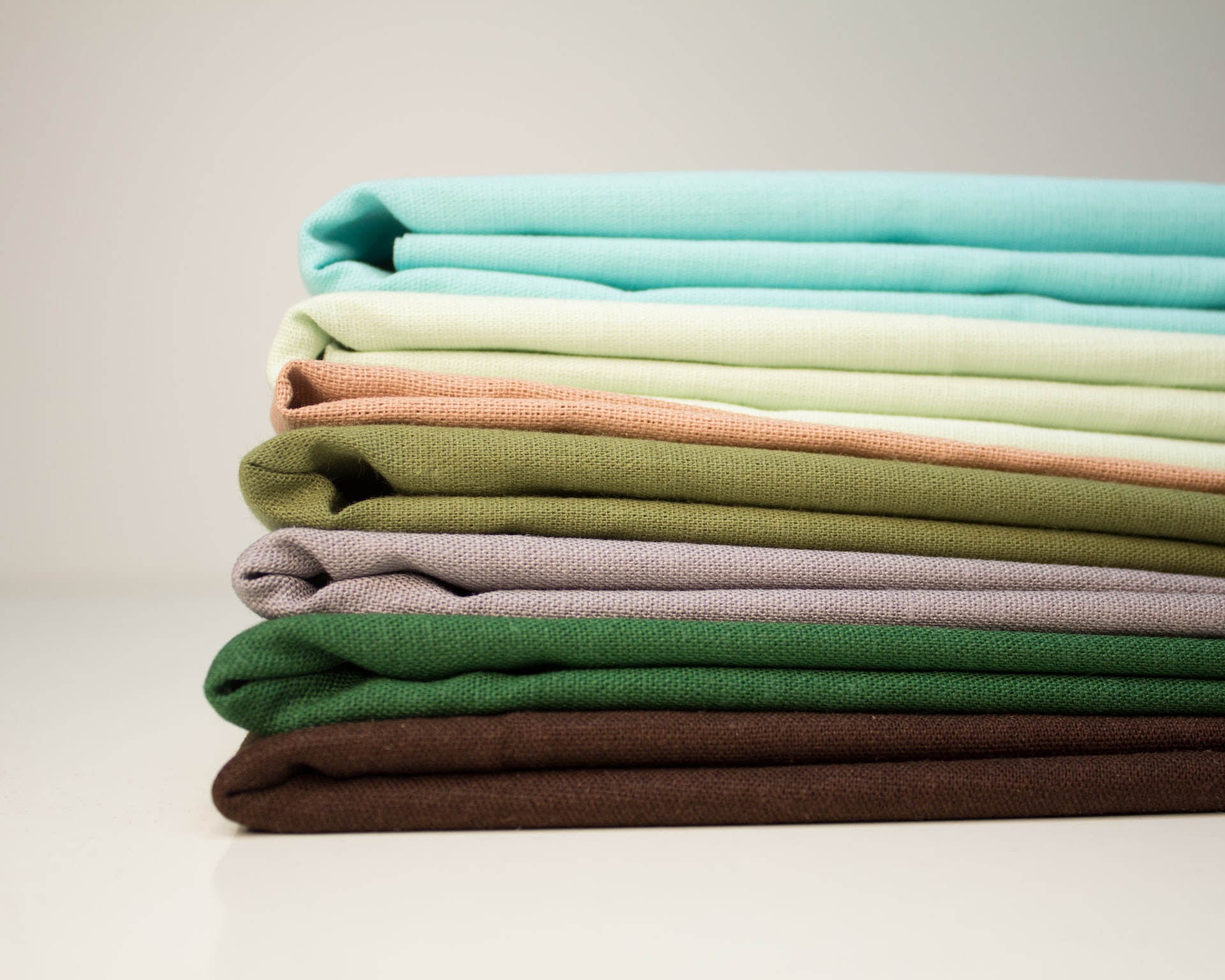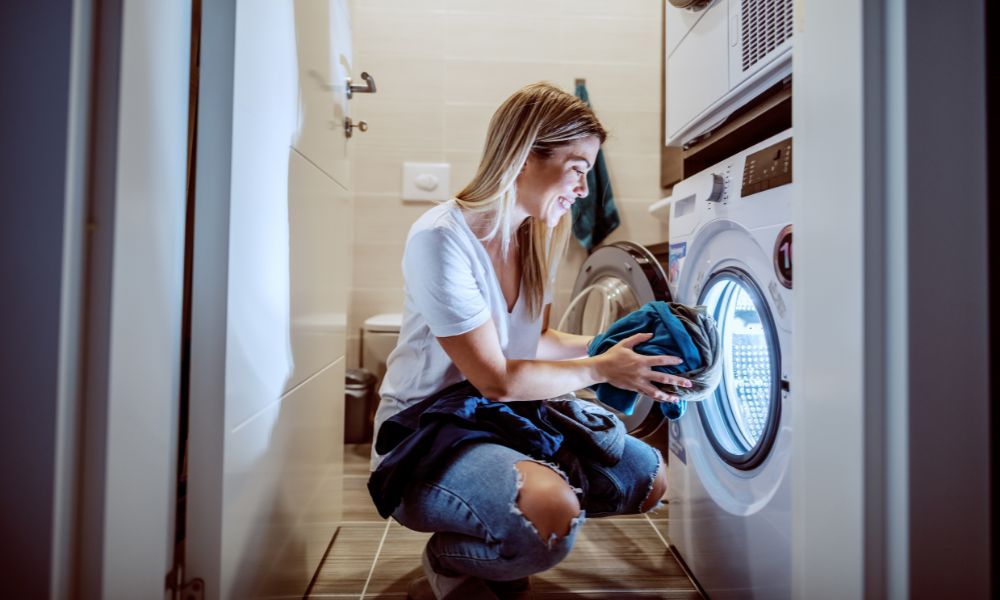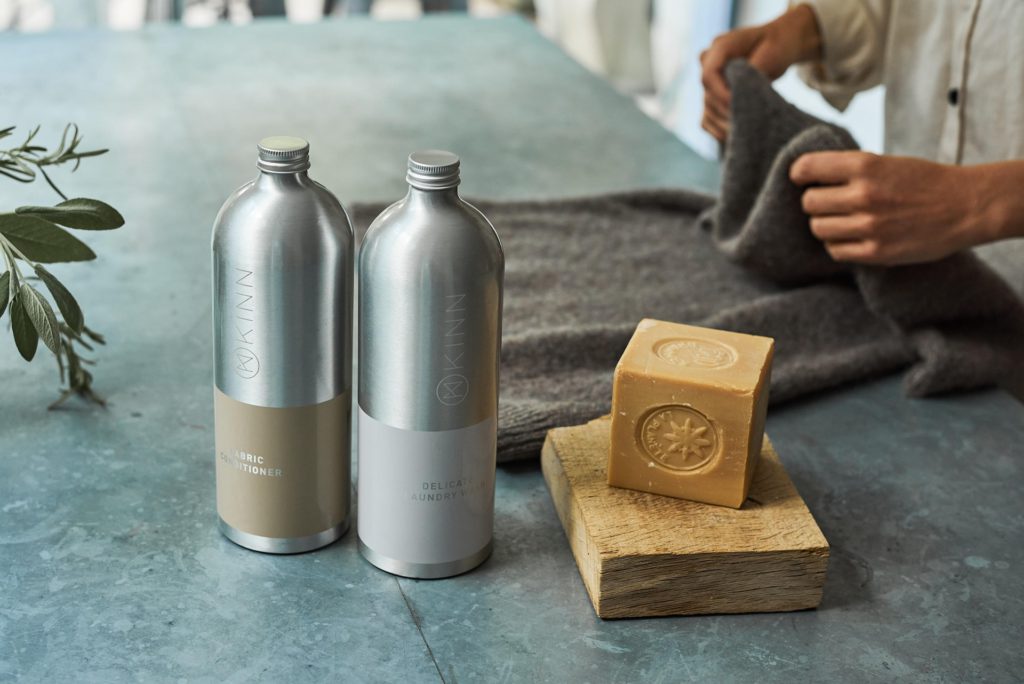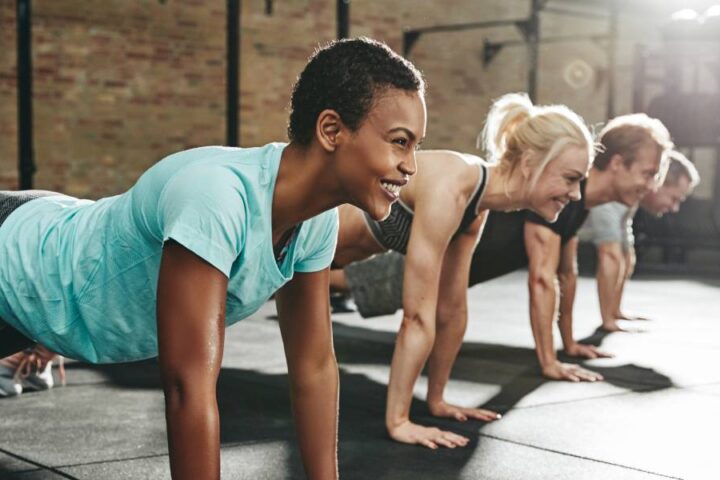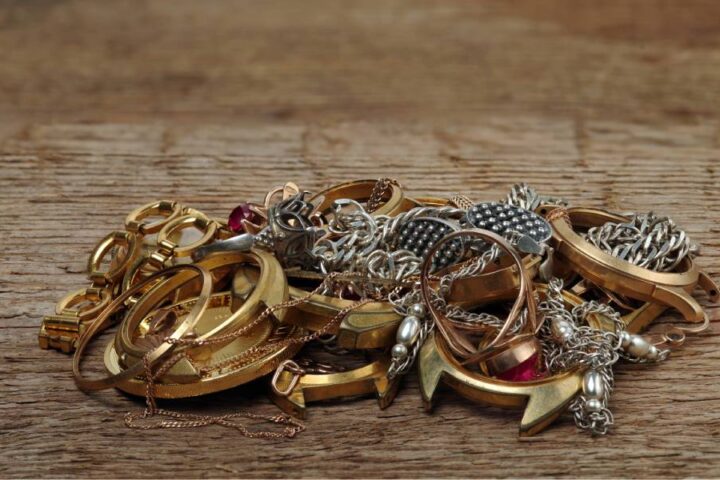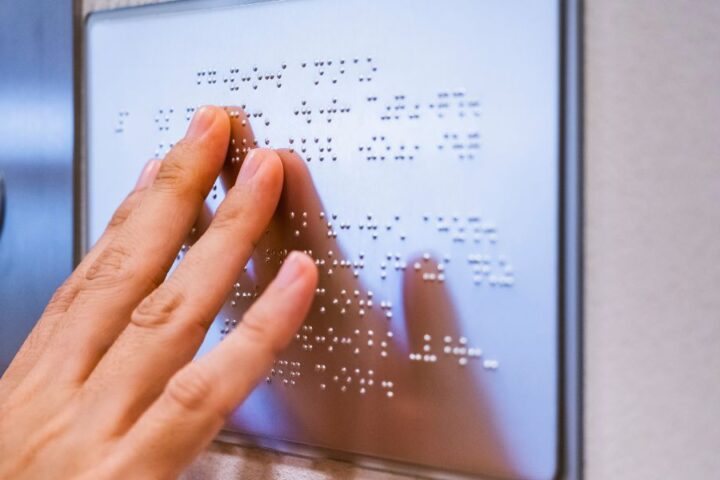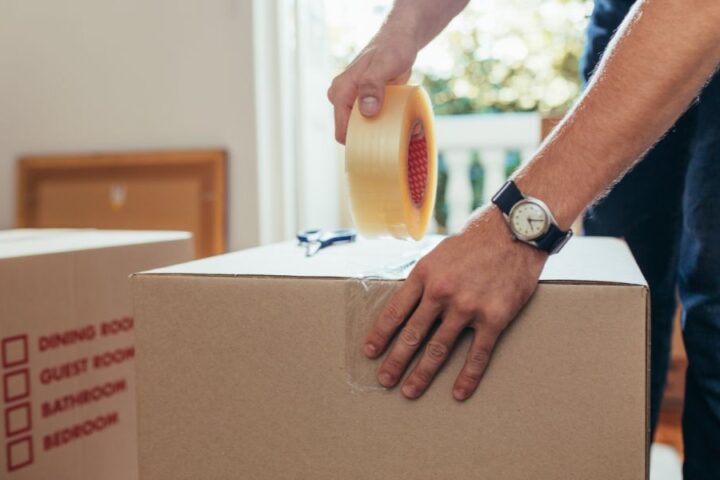Hemp Fiber
This product was recommended by Kamila Flieger from Green Snooze

Hemp fiber is one of the most environmentally friendly fabrics around. It requires only 25% of water that would be needed to grow cotton. On top of that, no harsh herbicides or pesticides are needed in hemp cultivation because the plant itself is resistant to them. In fact, hemp can be cultivated on relatively small amounts of land so it can produce up to twice as much fiber yield per hectare as cotton. Hemp fiber is also biodegradable and compostable, so it’s a great choice for those looking for an eco-friendly fabric option. Hemp fabric is also incredibly durable, making it a great choice for eco-conscious consumers who are looking for a fabric that will last.
Telios Hemp
This product was recommended by Rob Greene from Price of Meat

It’s simple. Hemp is an infinitely renewable resource that produces a durable, dependable fabric that can easily be tailored and shaped to any pattern a resourceful and ecologically conscious fashion designer wants to create. It’s good for the planet, looks great, and won’t leave a long-lasting hole in your bank account. In other words, it’s almost perfect…
DIY Vintage Ornament Hemp Fabric Hessian Cloth Burlap Ribbon
This product was recommended by Lorie Carson from Real People Finder

She was also known as the world’s most adaptable plant. The only plant that can give you food, clothing, a place to live, and all-natural cosmetics is hemp. Hemp is a breathable, cozy, moisture-wicking, antimicrobial, and easily blendable fabric. It is a very sturdy fabric that softens with washing and use and degrades naturally at the end of its useful life.
LOVOUS® Nature Linen Needlework Fabric
This product was recommended by Lorie Carson from Real People Finder

Recently, linen has become a popular eco-friendly essential, and for a good reason. It is an excellent, breathable, strong, absorbent, antimicrobial, lightweight, and moth-resistant fabric (as in it lowers your body temperature in summer, as opposed to cotton). It is far more environmentally friendly than cotton because it uses much less water and doesn’t require chemical pesticides or fertilizers.
Bamboo Kitchen Dish Cloths
This product was recommended by Lorie Carson from Real People Finder

Natural fiber derived from the bamboo plant is called bamboo. The material has a velvety touch, is exceptionally strong, and is moisture-wicking. Additionally, bamboo is biodegradable, requires minimal water to grow, and doesn’t need fertilizers or pesticides. But it also has a negative side. Bamboo fabric production is quite chemically intensive and generates a considerable amount of trash.
Acrylic Felt Fabric
This product was recommended by Steve Anderson from Junk Yard Near Me
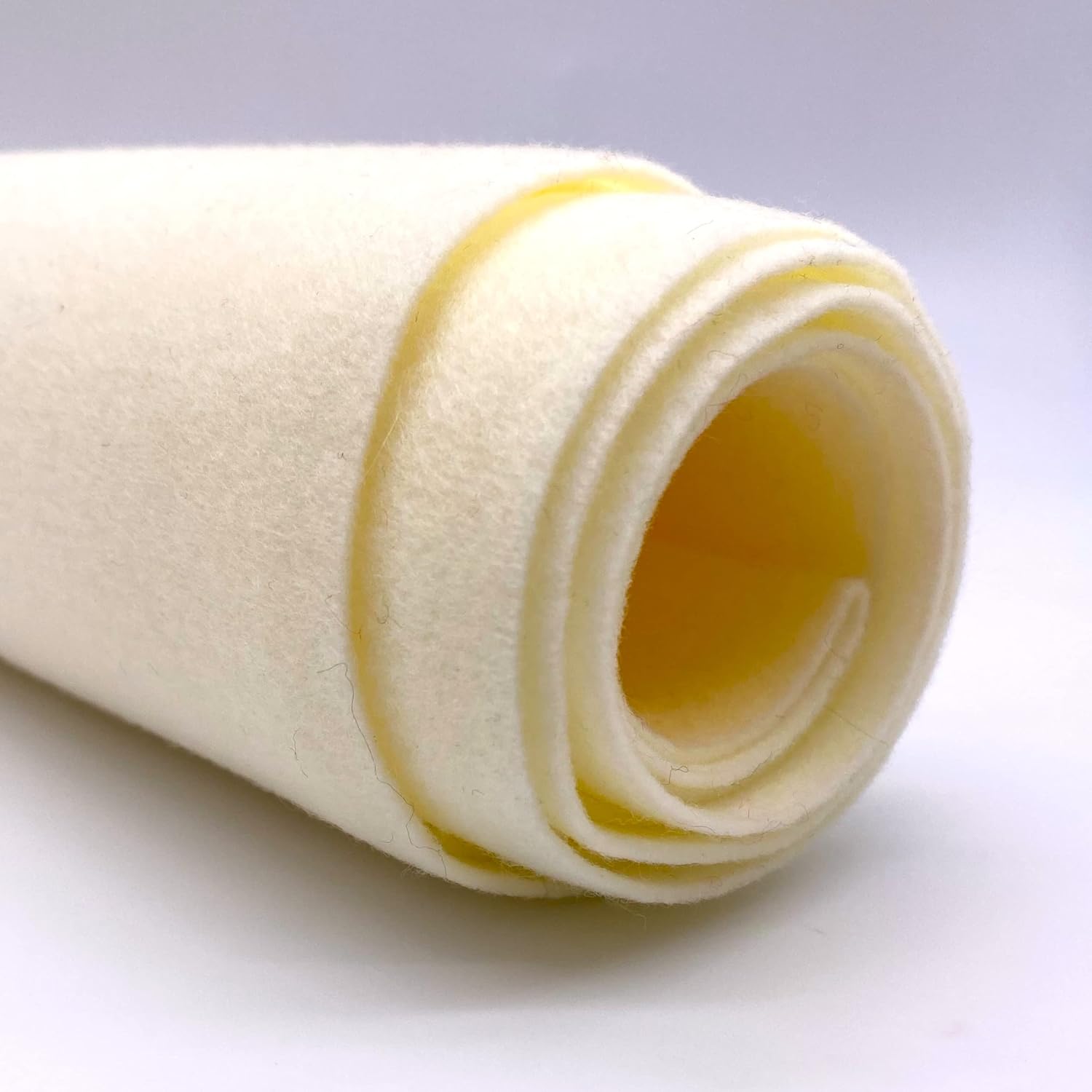
A synthetic, artificial substitute for wool is acrylic. Although it is inexpensive, lightweight, and soft, it also pills quickly and isn’t breathable. Acrylic is synthetic. Thus it won’t biodegrade. Additionally, it cannot be recycled and is produced using energy and hazardous chemicals. There you have it, then! In the end, fashion and how we utilize materials are intertwined.


